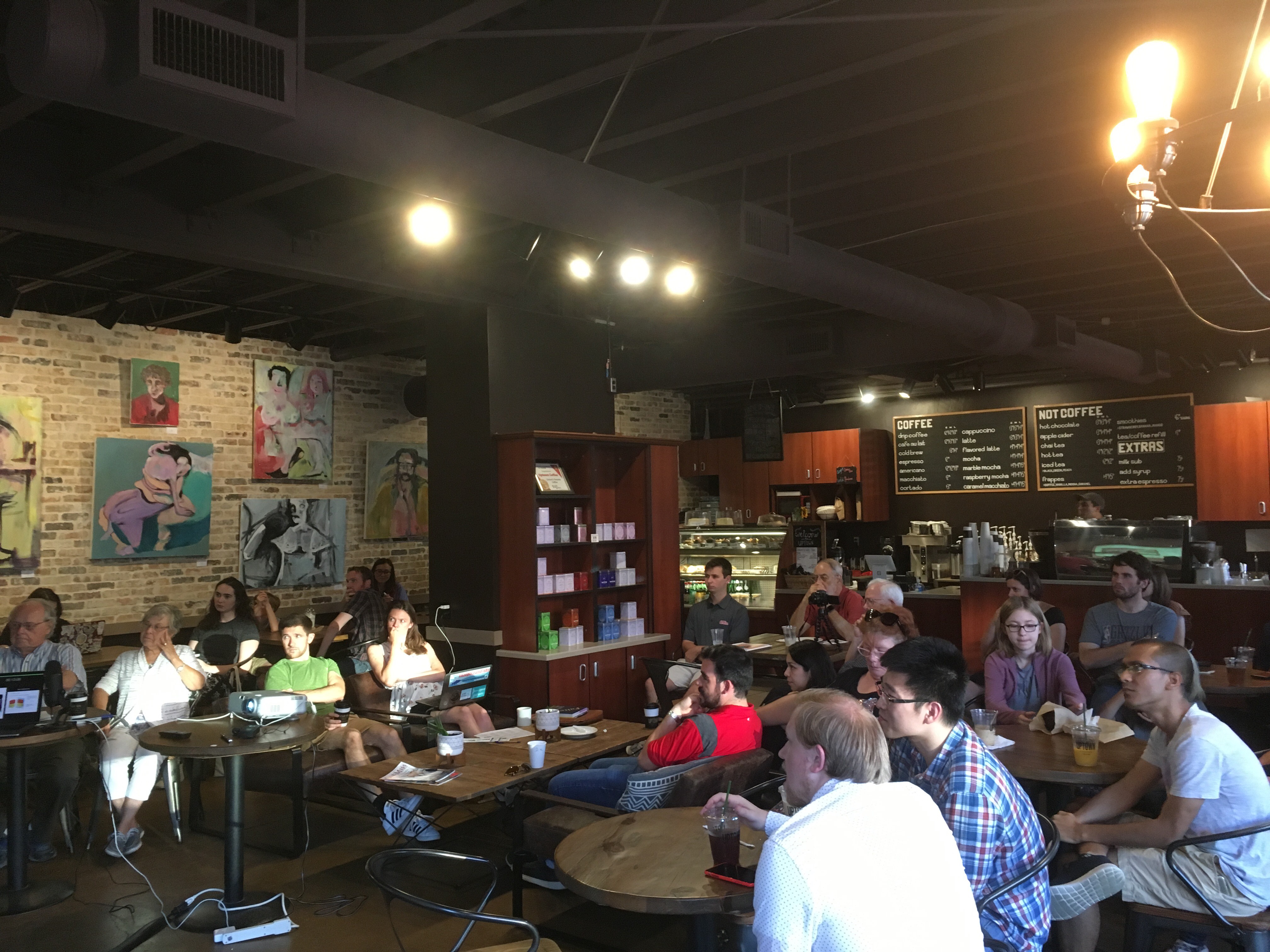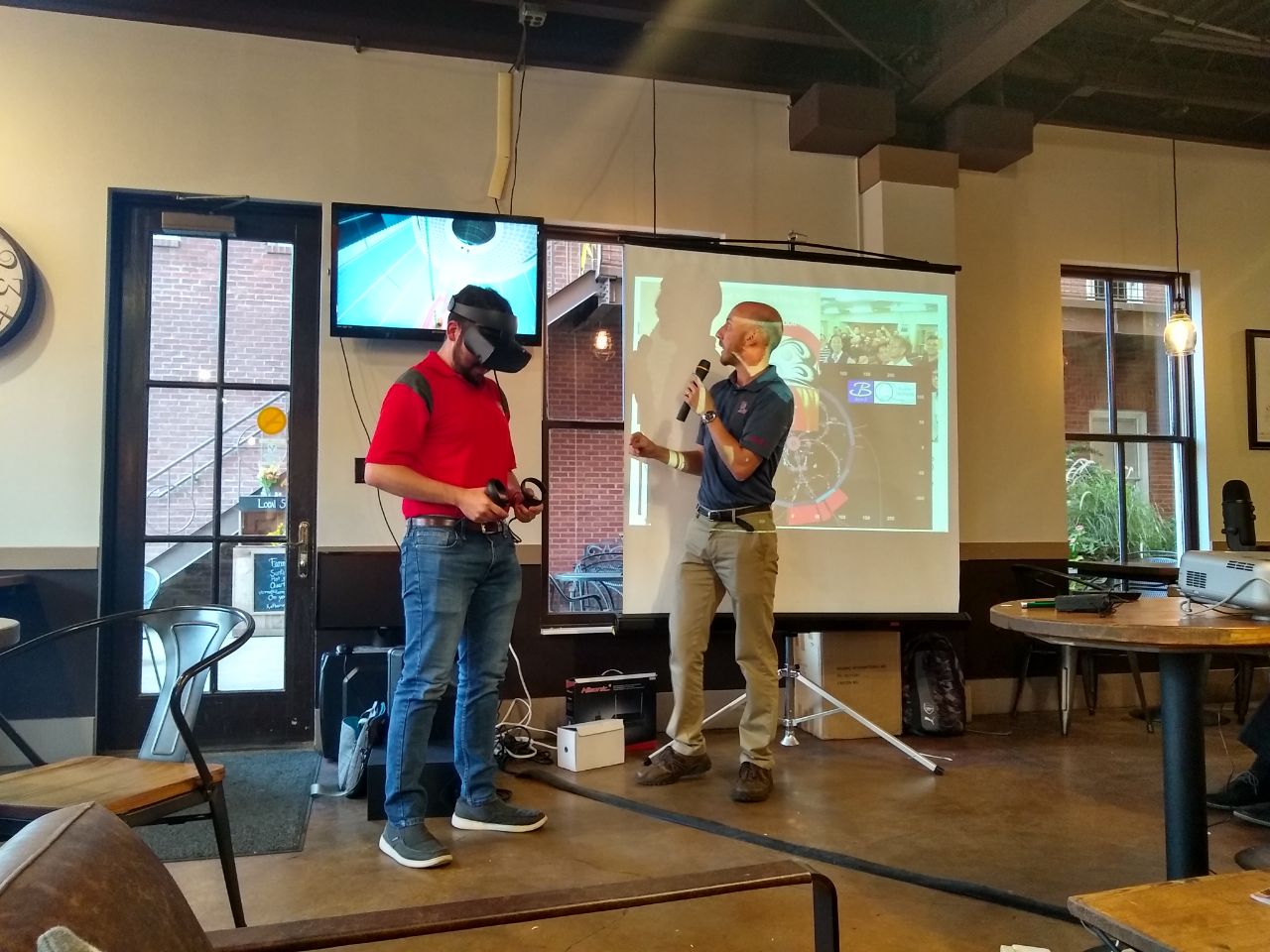November 2021
Low Earth Orbit: The Last Frontier for Pollution?
Dr. Michelle Hanlon, Co-Director, Center for Air and Space Law, University of Mississippi
Throughout history and prehistory humans have looked to the familiar stars and planets that populate our night sky for inspiration, guidance and solace. As our technological capabilities developed, we began to also study the night sky, developing a deeper understanding of the Universe, and our place in it. Today we have learned to take advantage of our orbit to benefit humanity with satellites that provide GPS, telecommunications and provide legions of data about our planet that, among other things, helps us understand and fight climate change. But now our orbit is getting crowded, some would even say polluted. Small satellite constellations are literally clouding the vision of our telescopes, reducing our field of view, and our ability to track near Earth objects. Michelle Hanlon will talk about what policymakers, industry and lawyers are doing to protect our orbit and our night skies.
Tuesday, November 16, 2021, 6:00pm - 7:00pm
Uptown Coffee, 265 North Lamar Blvd, Oxford
And via Zoom
If you missed it, you can check out the recording!
October 2021
Subatomic Spinning Tops: The Muon g-2 Experiment finds strong evidence for new physics!
Dr. Breese Quinn, Professor in the Department of Physics and Astronomy and Director at the Center for Multimessenter Astrophysics at the University of Mississippi
Almost 20 years ago, an experiment at Brookhaven National Laboratory measured how much muons wobble as they spin in a magnetic field. Their result disagreed with our best theory predictions and represents one of the strongest hints of new physics that we have had in decades. However, the BNL measurement was not precise enough to claim definitively that the evidence amounted to a new discovery. To investigate this longstanding tension, the Muon g-2 experiment was built at Fermilab outside of Chicago, IL to achieve the goal of measuring the muon wobble to an incredible precision of ~100 parts per billion. I will present results from the ongoing Fermilab Muon g-2 experiment, based on the first 6% of our total dataset. These first results confirm the earlier BNL measurement, and give us the strongest evidence to date of brand new physics beyond the Standard Model of particle physics.
Tuesday, October 19, 2021, 6:00pm - 7:00pm
Via Zoom
If you missed it, you can check out the recording!
September 2021
The Sexiest Dancers are Made of the Right Stuff
Dr. Lainy Day, Associate Professor in the Department of Biology and Neuroscience Minor Director at the University of Mississippi
An amazing family of birds living in Central and South America, the manakins, are known for acrobatic courtship displays. Males of many manakin species attract females with elaborate dances. High-speed cameras have been used to identify the specific mechanism by which unique body-created sounds (sonations) are made and how hormones, bones, muscles, and brains support such intense dance routines. However, not all species' displays appear to have as many dance steps or acrobatic elements. So, working with my team and with collaborators' teams, I set out to record the dances of over a dozen diverse manakin species so we could then ask, what is the "right stuff" required to engineer specific types of athletic dancers. What type of brain and brawn is required for a pirouette compared to a moon-walk? And if displays are happening faster than the eye can see, how do we even know if we have missed something? We don't. Allow me to reveal to you the hidden biomechanical diversity of manakin displays and throw in a bit of neuroendocrine physiology, muscular adaptations, and evolution that will eventually allow us to reverse engineer the ultimate dancer with the "right stuff".
Tuesday, September 21, 2021, 6:00pm - 7:00pm
Via Zoom
If you missed it, you can check out the recording!
April 2021
Knotty Knits and Evening of Math and Crafts
Dr. Sabetta Matsumoto, Assistant Professor in the School of Physics at the Georgia Institute of Technology
Dr. Matsumoto will be discussing creative crafts and math research. What can physics learn from crochet? How does a simple stitch change the stretch of a scarf, and how are modern materials and manufacturing learning from their wooly ancestors? Join Dr. Matsumoto for a talk about curvature using pattern making, symmetries using quilt squares and flags, hyperbolic space using quilting at crochet, and knot theory and coding using knits. For your reading pleasure, check out this linked NYTimes article on her research!
Tuesday, April 20, 2021, 6:00pm - 7:00pm
Via Zoom
If you missed it, you can check out the recording!
March 2021
Special double cafe month!
Oxford Science Cafe Quiz Bowl
Host: Dr. Gavin Davies, Assistant Professor of Physics and AstronomyJoin us for a night of fun and trivia! Match wits with other science enthusiasts! Win prizes!
March 16, 2021, 6:00pm - 7:00pm
Via Zoom
The Mind-Body Connection and the Secret Life of your Immune System
Dr. Staci Bilbo, Professor of Psychology and Neuroscience at Duke University
Activation of the immune system via illness, poor nutrition, or a stressful environment in youth can alter early brain development and impact adult mood, physical health, and ability to think and can influence health outcomes like obesity and drug use. Understanding how the immune system interacts with the body and brain to produce these results guides our ability to lessen their harm. Social factors like poverty, pollution, and addiction contribute to activation of the immune system. Thus, it is also important to work with communities to dampen the devastating influence of these social factors on the growing brain. Dr. Bilbo will talk about research in an animal model examining the impact of combined environmental stressors during pregnancy on offspring mental health outcomes, and how these impacts may be mitigated by targeting the immune system.
Special time and place! Thursday, March 25, 2021, 5:30pm - 6:30pm
Via Zoom
If you missed it, you can check out the recording!
February 2021
Dr. Nicholas Timme
Postdoctoral researcher at Indiana University - Purdue University Indianapolis (IUPUI):
Examining compulsive drinking in a rodent model of alcohol use disorder
Alcohol use disorder (AUD) is a devastating disease that negatively affects millions of Americans and costs billions of dollars a year. A key feature of AUD is compulsive drinking, wherein a person continues to consume alcohol despite negative consequences. In this month's Science Cafe, we will discuss general theories of AUD and my research on compulsive drinking in a rodent model of AUD. In addition, I'll talk about my somewhat unusual career path from physics to neuroscience.
February 16, 2021, 6:00pm - 7:00pm
Via Zoom
If you missed it, you can check out the recording!
January 2021
Dr. Wayne L. Gray
Instructonal Assistant Professor of Biology, University of Mississippi:
Understanding Vaccines: Preventing Diseases from Smallpox to COVID-19
These days everyone is talking about vaccines and hoping for an end to the COVID-19 pandemic. Vaccines are a miracle of modern medicine. At this month's Science Cafe, we'll address several questions concerning vaccines: How do they work to prevent disease? How safe are vaccines and why do some people have concerns about vaccines? What is herd immunity? What are the various types of vaccines? We'll review the history of vaccines and discuss several of the more than 20 vaccines that are now routinely given to children and adults. Finally, we'll examine the current COVID-19 vaccines and consider their effectiveness and safety. Issues regarding COVID-19 vaccine distribution will be discussed.
January 19, 2021, 6:00pm - 7:00pm
Via Zoom
If you missed it, you can check out the recording!
Photos



